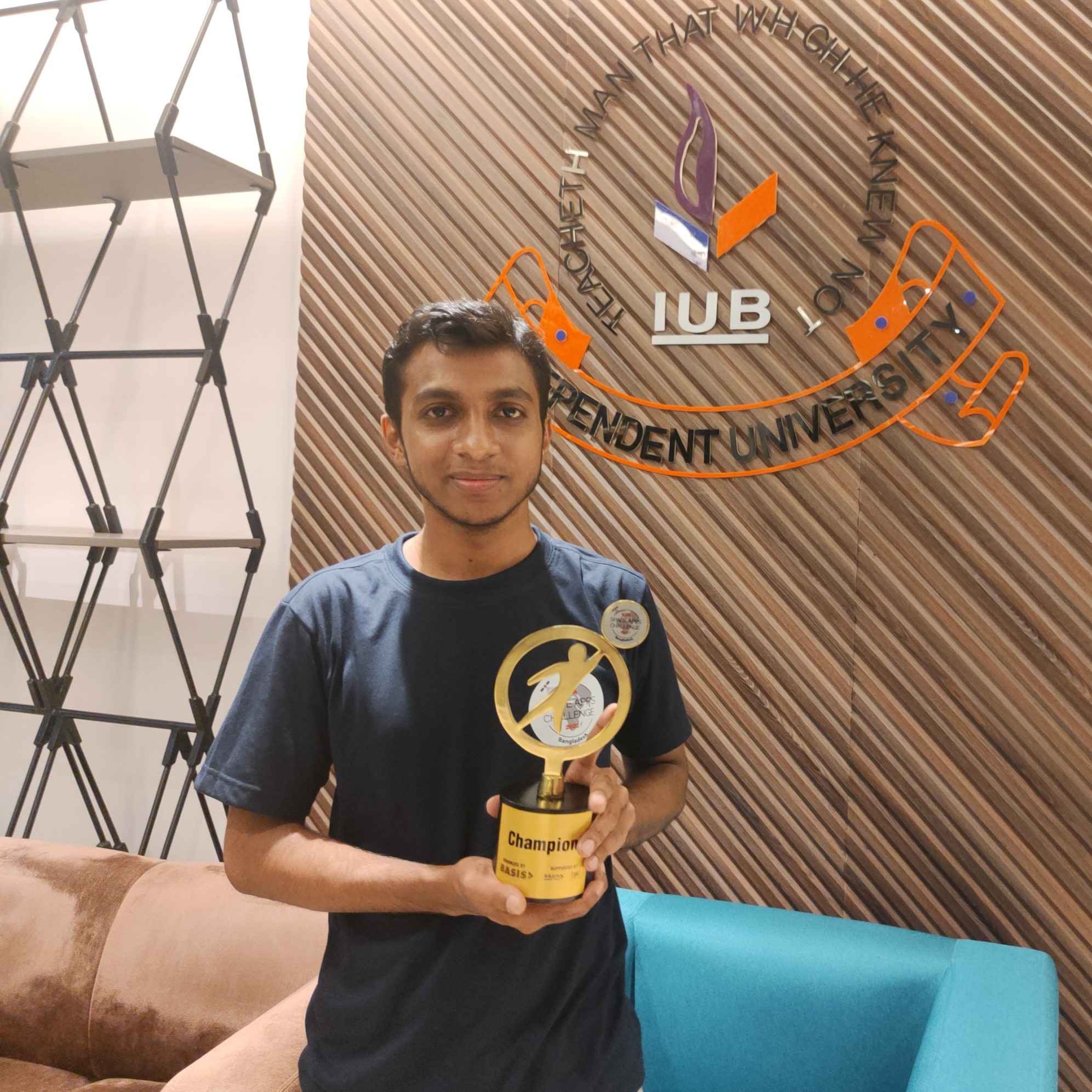As technology advances in epic level, there are increasing concerns about the ethical and social implications of its use. One such technology that has garnered attention in recent times is ChatGPT. ChatGPT is a language model that uses artificial intelligence to generate text responses based on the given inputs. While ChatGPT has several practical applications, its widespread use also raises a tons ethical and social concerns. In this article, we will explore the ethical and social implications of using ChatGPT and its potential impact on society.
ChatGPT is a deep learning model developed by OpenAI, a leading AI research organization. It is based on the GPT (Generative Pre-trained Transformer) architecture, which uses unsupervised learning to generate natural language text.
The widespread use of ChatGPT raises several ethical and social concerns. While ChatGPT has several practical applications, its use must be carefully managed to ensure that it does not have adverse consequences on society.
ChatGPT is trained on massive amounts of text data from the internet and other sources, allowing it to understand and generate human-like responses to text-based inputs. It is within the capability of artificial intelligence to respond to queries, proffer suggestions, and communicate with individuals in a manner that emulates human interaction.
Applications of ChatGPT
ChatGPT has a wide range of potential applications in various industries and domains. Here are some examples:
Chatbots and customer service
ChatGPT can be used to develop chatbots for customer service and support. This can save time and resources for companies while providing efficient and personalized assistance to customers.
Personal assistants and productivity tools
ChatGPT can be integrated into personal assistant apps to help users manage their schedules, tasks, and reminders. It can also assist in research and information retrieval, providing quick and accurate answers to user queries.
Educational and language learning tools
ChatGPT can be used to develop educational tools that interact with students and provide personalized feedback and assistance. ChatGPT possesses the capability to create applications for language acquisition that promote proficiency enhancement through interactive conversation practice.
Content creation and curation
ChatGPT has the potential to produce original content, suitable for publication across various digital platforms, including websites and social media. Moreover, it is equipped to curate and consolidate information from diverse sources to present users with pertinent and valuable data.

Advantages of ChatGPT
ChatGPT offers several advantages over traditional methods of communication and interaction. Here are some of the key benefits:
Time-saving and efficient
ChatGPT can handle large volumes of queries and interactions simultaneously, without the need for human intervention. This can save time and resources for businesses and individuals.
Highly customizable and adaptable
ChatGPT can be trained and customized for specific domains and industries, allowing it to provide specialized and personalized services to users.
Cost-effective and scalable
ChatGPT can be implemented at a relatively low cost and can be scaled up or down based on demand, making it a cost-effective solution for businesses and organizations of all sizes.
Limitations and Challenges
Despite its many advantages, ChatGPT also faces several limitations and challenges. Here are some of the main issues to consider:
Ethical and privacy concerns
ChatGPT possesses the capability to amass and accumulate private information, thereby instigating concerns regarding privacy and security. Its functions can be manipulated for nefarious intentions, such as propagating deceitful propaganda or perpetrating fraudulent activities.
Accuracy and bias issues
ChatGPT is not always accurate and can sometimes generate biased or inappropriate responses. It can also perpetuate stereotypes and discrimination if not properly trained and monitored.
Technical limitations and challenges
ChatGPT requires significant computational resources and may not always be able to handle complex or nuanced tasks. It may also struggle with understanding sarcasm, humor, and other forms of figurative language.
Future of ChatGPT
ChatGPT is still a relatively new technology, and its future developments and applications are yet to be fully realized. Here are some emerging trends and potential opportunities:
Integration with other AI technologies
ChatGPT can be combined with other AI technologies such as computer vision and speech recognition to create more advanced and sophisticated systems.
Expansion into new domains and languages
ChatGPT can be trained and customized for new domains and languages, allowing it to reach new markets and users.
Adoption by industries and governments
ChatGPT can be used in various industries and domains, such as healthcare, finance, and education, to provide more efficient and personalized services. It can also be used by governments to improve citizen engagement and communication.
Conclusion
ChatGPT, a formidable AI technology with the capacity to transform our way of communication and interaction with machines, presents manifold advantages such as time efficiency, customization, and scalability. Nevertheless, this innovation encounters a number of impediments, namely precision, partiality, and apprehensions about confidentiality. As the technology continues to evolve and expand, it will be crucial to address these challenges and ensure that ChatGPT is used responsibly and ethically.













Georgia Reader Reply
ChatGPT can be used to develop educational tools that interact with students and provide personalized feedback and assistance.